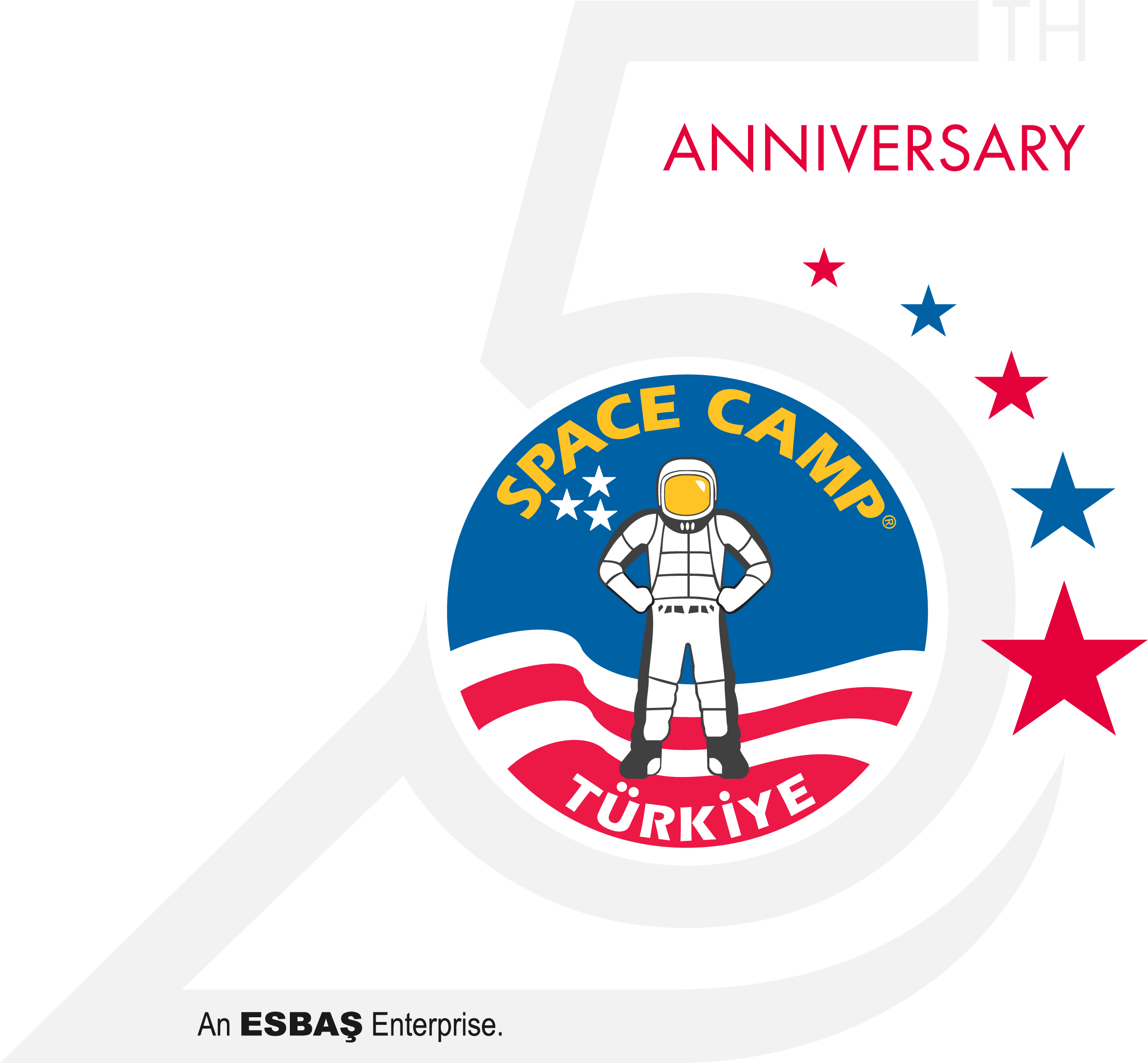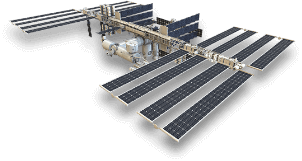Space Camp Türkiye hosted 18 teachers and 11 project specialists from four European countries, April 11-16, as part of a European Union Comenius Project focused on improving teaching and the learning of math and science in primary and secondary schools.
“The primary aim of the KeyTTT project is to develop teaching methodology to improve the quality of teaching and learning for young students in the formative years throughout Europe,” explained Mr. Tolga Yildirim, Türkiye`s local project coordinator. We emphasize teamwork, training and technology for the development of key competencies. Very similar to what is done at Space Camp Türkiye.”
Located in Izmir, Space Camp Türkiye is a space and science education center offering youth and adult programs which improve self-esteem, communication, time management, leadership skills and teamwork.
Izmir`s education ministry representative, Ms. Zahid Mutlukan¬, said she found the KeyTTT project very positive in terms of practical activities that make learning easy and fun. "We are currently developing an interactive curriculum for our schools in Izmir. School-age children would like to learn astronomy and space sciences by actually doing activities. At Space Camp, for example, children strengthen their theoretical knowledge and have the opportunity of practicing in a fun environment. Thus, the gains are more effective and efficient,”explained Mutlukan.
In addition to representatives from Space Camp Türkiye, national education ministry and private Turkish schools, education specialists from Norway, Italy, Poland and Bulgaria conducted week-long seminars at the camp and collaborated on the project`s recommendations for implementation of interactive teaching methodology throughout the EU and Türkiye. According to Key TTT project coordinator Reni Dimova, the final recommendations to the EU body will be decided this September at Trakia University in Bulgaria.
Yildirim explained that since November 2009, KeyTTT meetings have involved Space Camp Türkiye`s partners from Trakia University and the Center for Creative Training Association in Bulgaria, the Academy of Information Technologies in Poland, the European Pole of Knowledge in Italy and Stavanger University in Norway.
“During the International Teacher Training Course held at Space Camp Türkiye, we implemented the recommended methods developed during the previous project meetings. Recommended teaching approaches include the Dalton Methodology, which is based mainly on individual work and independent tasks tailored to students’ skills. Robotics and videoconferencing are other methods in the student-oriented education process which focus on learning by doing and problem solving. We hope the European Union will approve our methods and recommended applications for all educational institutions throughout the EU,” Yildirim added.
Twenty-four teachers of mathematics, science and technology from the Gaziemir vicinity of Izmir shared their teaching experiences at a special workshop held on September 25, 2010 at Space Camp Türkiye. These same teachers were also exposed to the KeyTTT project`s recommended methods of training. Soon afterwards, a KeyTTT pilot project was launched involving 20 teachers and 563 students from 13 different schools in Ankara, Antalya, Samsun and Istanbul.
“Test results from the participating teachers and students indicate the project`s recommended methods of teaching are highly effective for improved learning,” explained Dr. Mevlude Karadag, operations manager at Space Camp Türkiye. “The Key TTT project`s recommendations to the EU are definitely a viable alternative to the traditional teaching of math and science found in classrooms.”
“In Türkiye, teachers and students conducted and shared the results of the tests with us, which certainly adds credibility to this project. The Multilateral Comenius Project objectives of problem solving and active research methods have actually been integral to our curriculum at Space Camp Türkiye since we started operations over ten years ago,” said Karadag.
The Multilateral Comenius Project is based on the European Parliament’s recommendations on key competencies for lifelong learning released in 2006. The KeyTTT project started November 1, 2009, which benchmarked the beginning of a new study that would offer a new methodology to instruct teachers about the methods of teaching mathematics, science and technology and would also develop students’ skills to play active role in the process. In other words, this would be a new study that would “teach how to teach.” Main topics of the EU Multilateral Comenius Project include: communication in the mother tongue, communication in foreign languages, key competencies in mathematics, science and technology, digital competency, learning to learn, social and citizenship competencies, entrepreneurship, cultural awareness and expressive skills.


